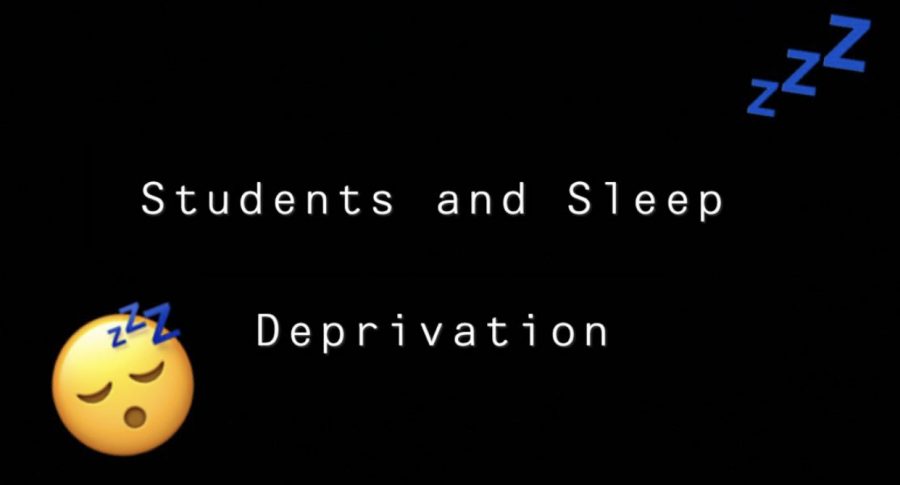Students and sleep deprivation
Emoji’s represent sleep or the lack there of. Due to a busy schedule, many students do not get the recommended amount of sleep.
High school students are all too familiar with going about a day sleep deprived. The class schedules, extracurriculars, jobs, and other things about life can keep a person occupied. Sam Duran, Rodayna Abdelhalim, and Jasleen Bhullar offer some insight in regards to the relationship between students and sleep deprivation.
For starters, how many hours of sleep do these students get on average every night? Sam responds, “five hours – six if I am lucky.” Like Sam, Jasleen says she gets five and half to six hours. Out of the three, Rodayna gets the least sleep with an average of three hours every night. The hours of sleep as recommended by the National Sleep Foundation is 8 to 10 hours. Evidently, these students do not meet that requirement.
In Jasleen’s case, the activity that affects her sleep is, as she says, “HOMEWORK!” Sam, shares that sentiment, he also says that the things that affect his sleep are work and stress.” Rodayna says that the activities that affect her sleep are, “Taekwondo, school – I take six AP classes and at times that can be a lot. Also my baby sister.”
In regards to the attempt of balancing life and sleep Rodayna says, “I don’t, obviously. I get three hours of sleep.” Like Rodayna, Jasleen says, “I don’t” to balancing school and activities with sleep. Sam says, “I sleep a lot on the weekends. That usually recharges my batteries for the week.”
Some extra comments that these students have about the issue are; “ Teacher only focus on their class but they need to keep in mind that students have other classes to worry about.” Another student says, “ Some teachers need to be mindful and spread projects and assignments out instead of piling them all at once.” Lastly, “Homework is scientifically proven to not help students out. I don’t know why y’all do it, y’all need to stop.”











